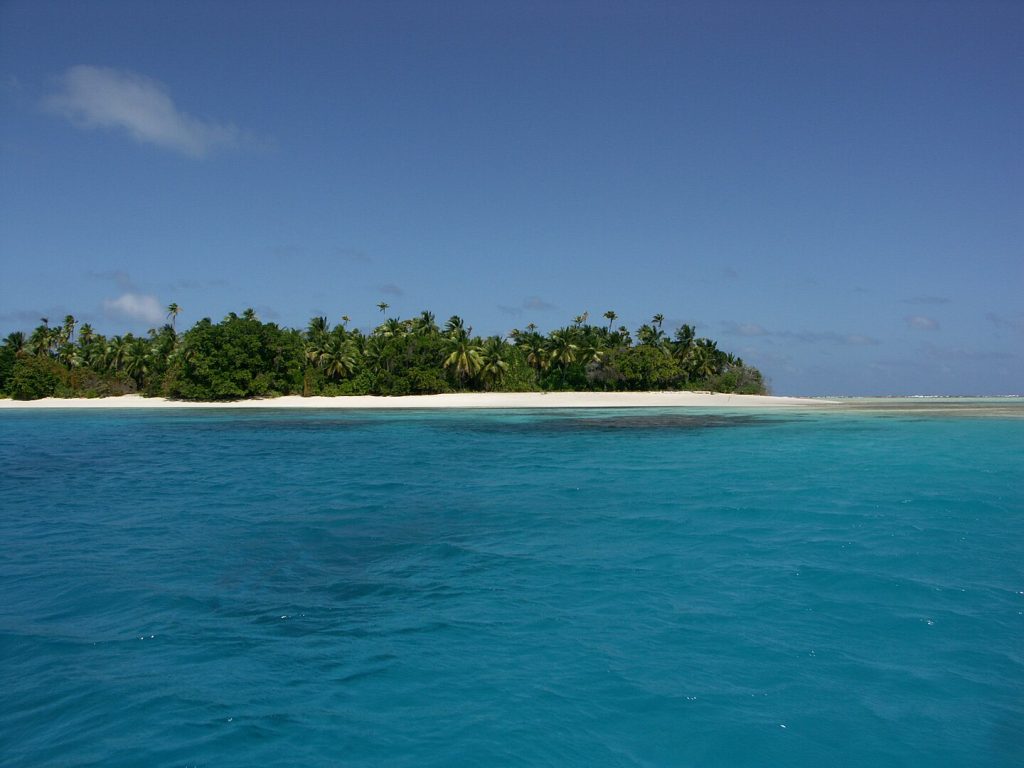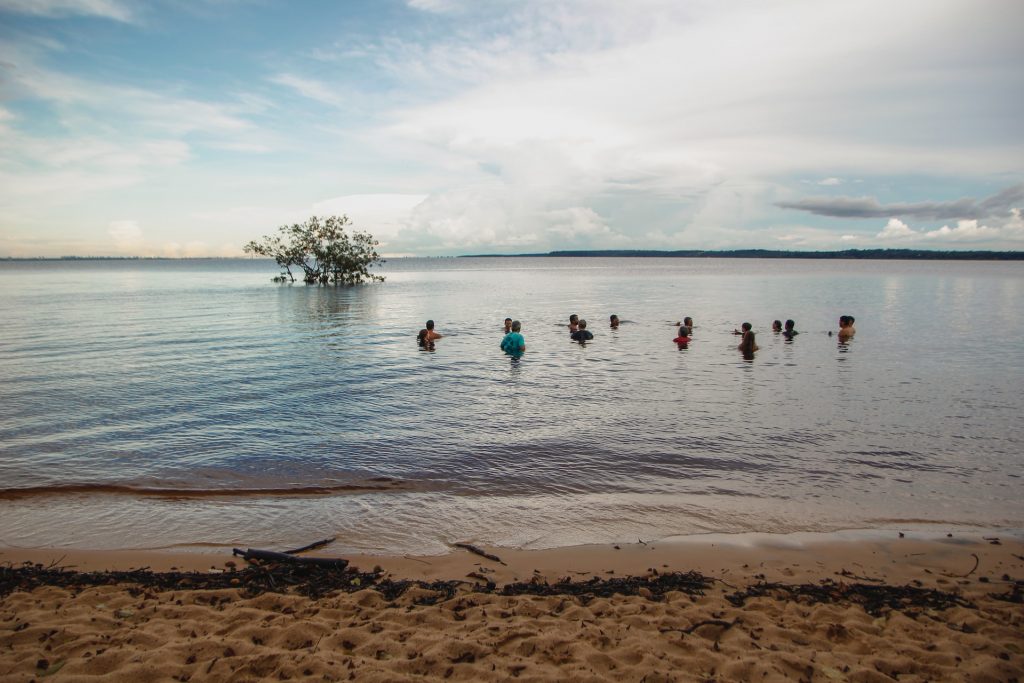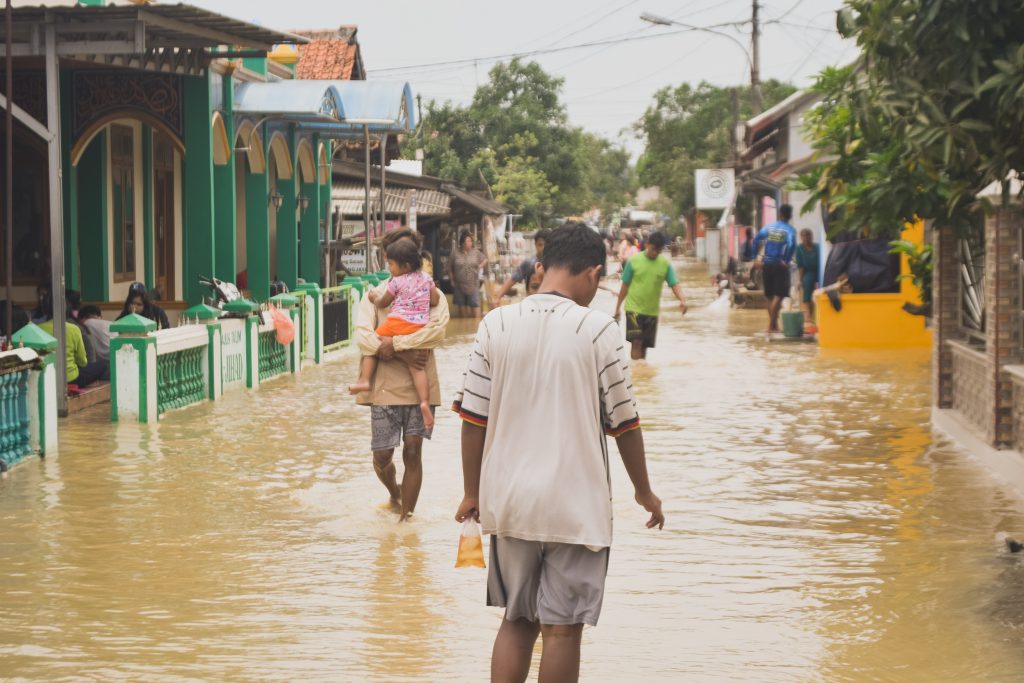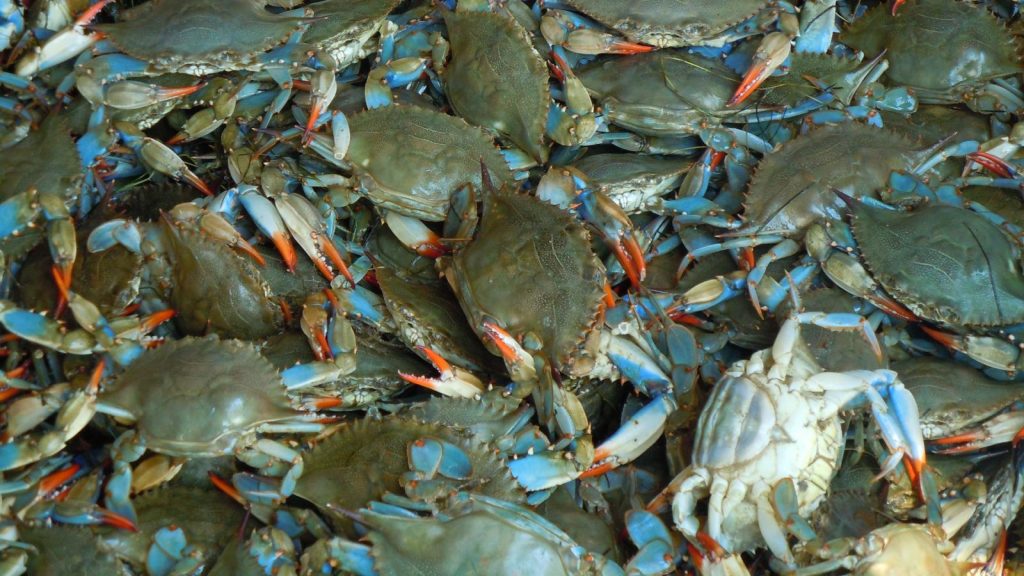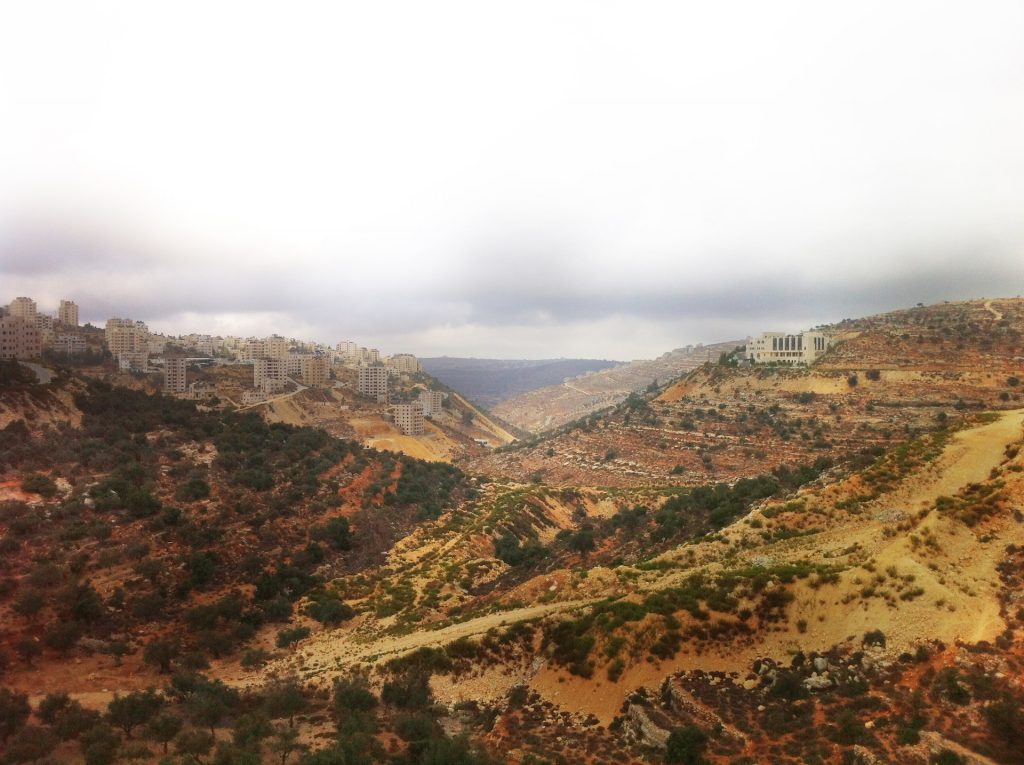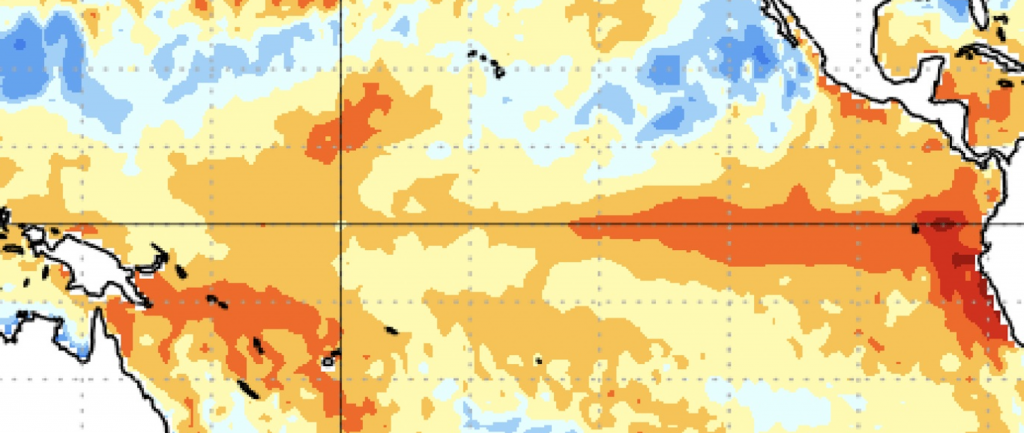
Beyond forecasting: Machine Learning exploring climate impacts
Machine learning has emerged as a transformative tool in climate research, evolving from theory to practice over the past few decades. In this context, CMCC is expanding its focus beyond traditional climate modeling to include the study of environmental, social and economic impacts of climate change through data-driven approaches. This transformation is expected to involve all-encompassing capacity building, with substantial infrastructure investments alongside efforts to enhance the knowledge base of scientists.


